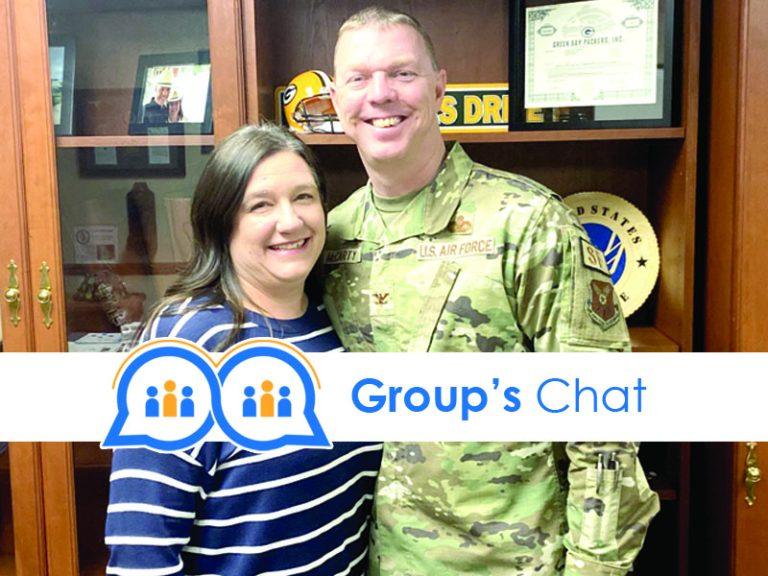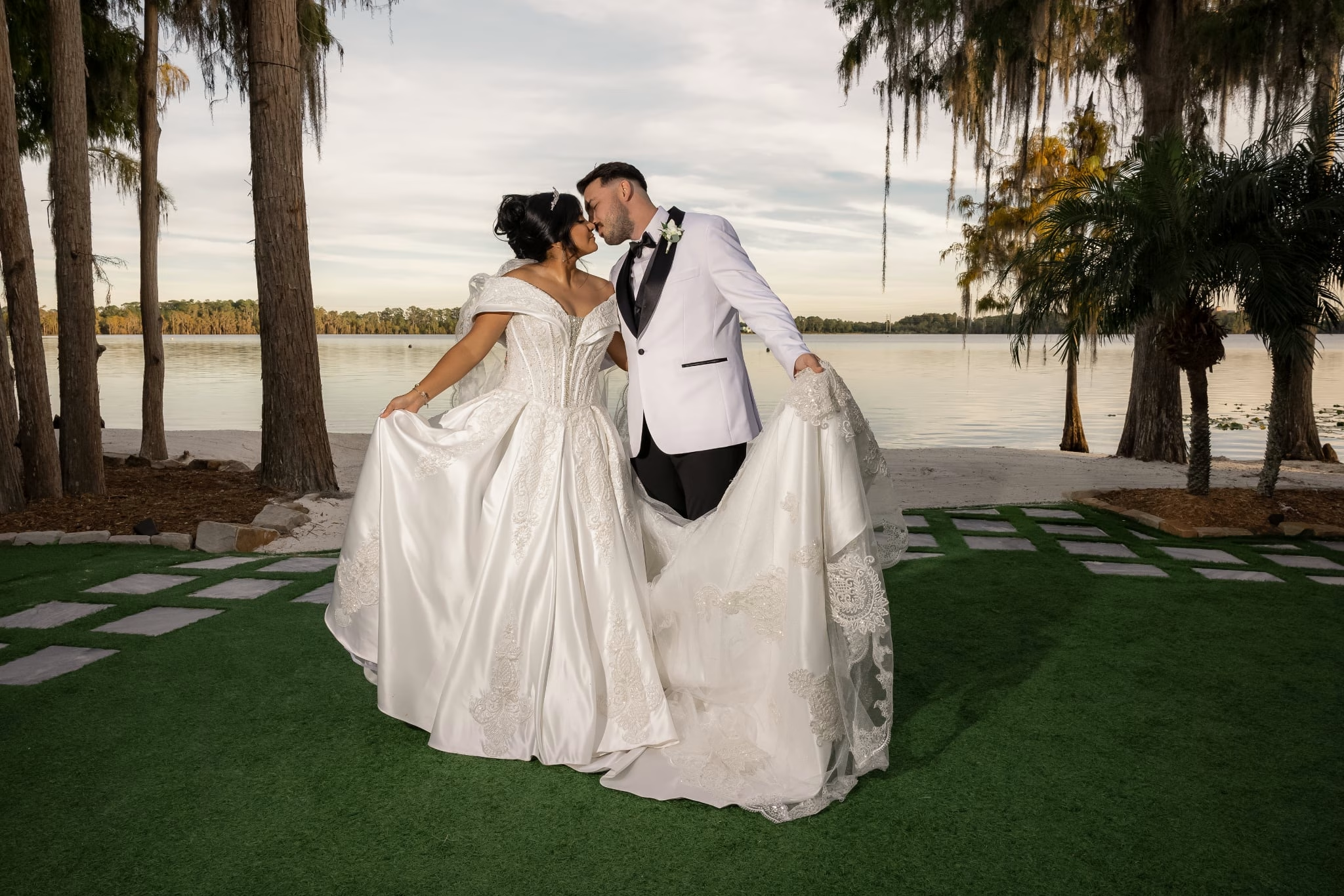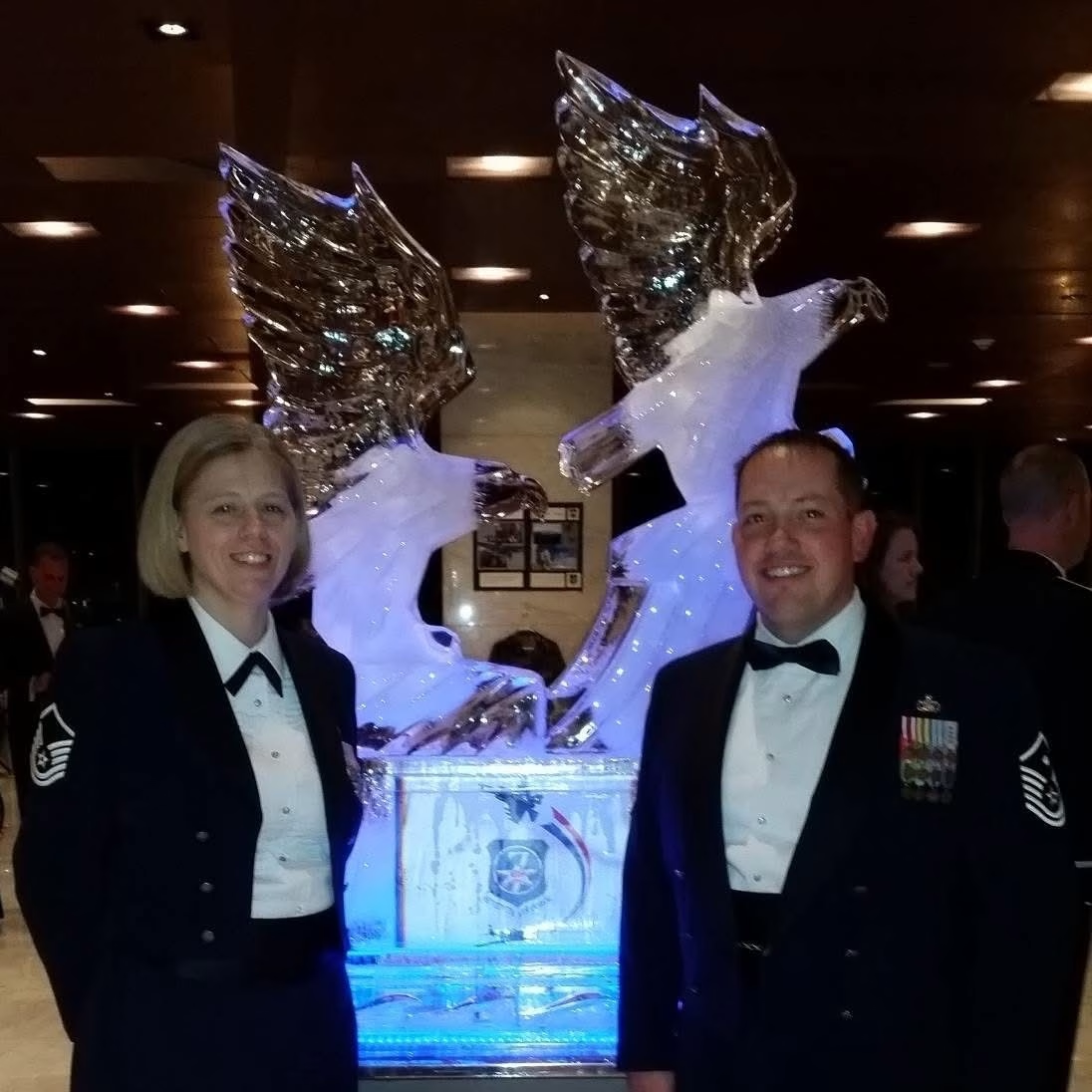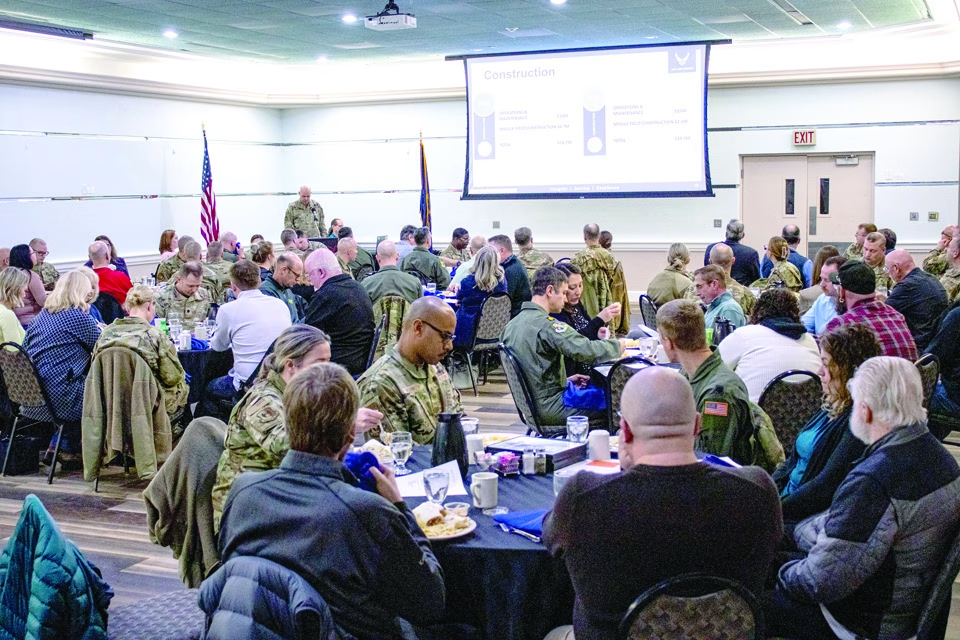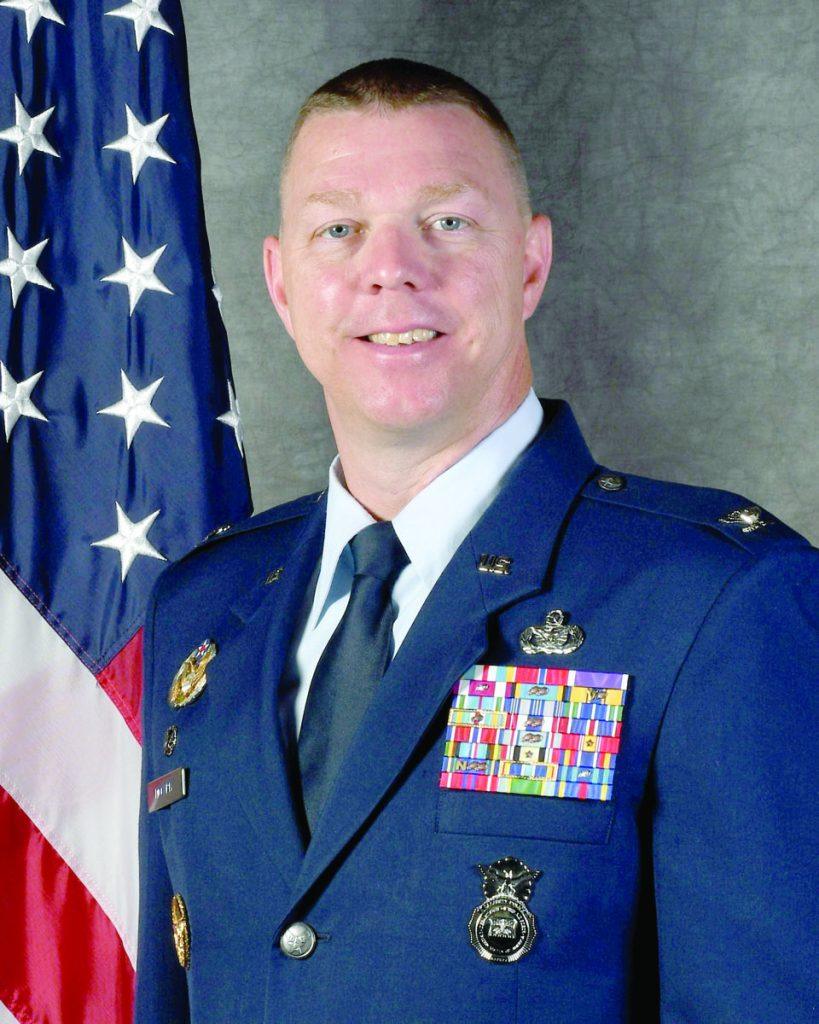
91st Security Forces Group Commander
That Minuteman Missile. Its role is pretty important on a global scale. Because of this, the three Groups in the 91st Missile Wing complete their daily mission: “to defend the nation with a combat-ready nuclear force.” The Wing consists of the 91st Operations Group, 91st Maintenance Group and 91st Security Forces Group. In order to understand the essential functions of each group in the Missile Wing and get an in-depth life and career perspective from Team Minot’s senior leaders, the Northern Sentry is running a series of articles talking to the people who understand the most about the importance of their group: the Group Commanders themselves.
The first in this series of interviews is Col Anthony McCarty, Commander, 91st Security Forces Group. In order to get a more personalized view of the mission, he and his spouse Dawn McCarty agreed to be interviewed and share some of the personal aspects of what the 91 SFG is about, why it’s important and what they have both gone through to get to this position in their AF journey.
Col McCarty commands Security Forces Airmen, or Defenders, whose main responsibilities are to protect, secure and defend the intercontinental ballistic missiles assigned to Minot AFB. On any given day there can be between 150-250 Defenders committed to missile field operations by “posting out” to Missile Alert Facilities (MAF), executing convoy operations, directly supporting missile maintenance activities, or on a standby alert status. Three of the four squadrons rotate missile complex security responsibilities, spending one of every three weeks posted out. The fourth squadron supports the other three with logistics and communications; postures Tactical Response Force (TRF) teams on-alert for a week at a time, teaming with helicopter crews from the 54th Helicopter Squadron to provide specialized, rapid response capabilities to the complex; and fueling the Convoy Response Force (CRF), which plans and executes overland movements across the 8,800 square miles of North Dakota to ensure the 91st Missile Wing meets the readiness levels set from US Strategic Command.
NS: Please explain in your own words what the 91 SFG does and how each of the squadrons work together:
Col McCarty: First and foremost, the Security Forces Group is composed of four squadron level organizations. [91st Missile Security Operations Squadron, 91st Missile Security Forces Squadron, 791st Missile Security Forces Squadron & 891st Missile Security Forces Squadron] We total over 1000 personnel. Our responsibilities are to provide security and protection for all the 91st Missile Wing nuclear assets and operations. It is literally required by policy to have security forces personnel and capabilities at the installation to support whatever is going on.
NS: What would happen to the base if your group could not perform its functions?
Col McCarty: We represent a pretty significant portion of the Missile Wing so we’re about ⅔ of the enlisted forces here. The Missile Wing would not be able to function and would not be able to meet those wartime or peacetime missions. The SFG is absolutely a linchpin to the wing being able to accomplish its job.
NS: What is the most important foundation of your command leadership philosophy?
Col McCarty: People…I really try to focus on the human aspects because being a security forces member is very much a people business. I’m a firm believer in if you take care of the people and their families, if you take care of the Airmen, that they will take care of the mission.
NS: Can you tell me more about what taking care of people means to you?
Col McCarty: I work very very hard to make sure we’ve got connective tissues with our key spouses with the command teams in each of the squadrons. So that we can keep a very open dialogue about what is going on and what our airmen and their families need. Because if we are able to help support and balance some of these things, I think the Airmen then can focus a little better on what we’re asking them to do in support of their nation. I try to be accessible. We have a very large organization and I like to hear what’s on our families’ minds. My door is wide open, come talk to me and that is the same to the families and spouses.
NS: When in your AF career did you realize being a group commander was a goal?
Col McCarty: It was never really a goal. I always tried very hard to just do the best job that I could. Sometimes that had me doing jobs that I had no intentions of ever doing. I have had a vast career. I’ve done some things that are fairly unique in the Air Force, and I just try to do the best job I can possibly do. Then, as we came out on the Group Command list, we were actually really excited!
NS: So, what comes next in your career?
Col McCarty: We’re not completely sure. As far as what I will do beyond Group Command, it’s still very much up in the air. I don’t know what I want to be when I grow up. I’m born and raised in Indiana, and Dawn has fallen in love with Indiana. We bought land there several years ago and that’s where the forever home will go.
NS: What do you want spouses and families in the 91 SFG to be aware of or prepare for when stationed at Minot AFB?
Mrs. McCarty: To realize that it’s cold, but bloom where you are planted. A Wing Commander spouse gave me a flower one time and said, ‘bloom where you are planted’. It’s the people [that matter] so get out, meet people that are in your squadrons. Don’t just sit back and wait. Don’t be afraid to reach out and grab somebody in the community or ask questions because they are always willing to help.
Col McCarty: Embrace that it is ‘small town living’. It is different for many of our Airmen and their families from what they’ve never experienced before. Look at it as an opportunity and find what you really love about the area.
NS: Looking back on your AF career, what is something that you wish you had known, personally or professionally?
Mrs. McCarty: Don’t be afraid to talk to a senior leadership spouse. I was always told when I was an enlisted spouse ‘don’t ever approach a general!’ almost like it was a crime. But now I tell [younger] spouses to go and ask them questions. They want you to say ‘hey.’
Col McCarty: I think the thing that I didn’t have an appreciation for then, but have grown an immense appreciation for, is making your entire family feel like they are part of the AF family. You have to imbed your family in as much of the [AF lifestyle] as you humanly can. It’s their adventure too. Try and bring them into the AF fold as best you can and try to make them as comfortable about what they’re going through. I wish I would have had a better appreciation for how every PCS impacts the spouse and family. It wasn’t until our kids got a little bit older and you started to really understand after two or three assignments. I wish I had learned that a lot faster.
NS: Can you explain some ways that Airmen can help do this for their families?
Col McCarty: Don’t be nervous that your significant other or spouse is communicating with someone in the senior leadership chain and that it is going to bring some sort of negative light on you. I think when you’re young, you really think that. But I think the vast majority of AF leadership wants to make their families as comfortable as possible. For the young Airmen, what I would ask them to do is just be comfortable with the fact that it’s your family’s PCS too and it’s your family’s gaining squadron, group, and wing too. Try to make them as much a part of the PCS as possible.
NS: What sacrifices have you made over your AF career? Personally, or professionally?
Mrs. McCarty: Family Time. Not with our immediate family, but the extended family and grandparents and our parents. Our kids have sacrificed that a lot.
Col McCarty: I think Dawn and my family have sacrificed a lot whether it be deployments, to the missile field, or deployments downrange, moving every 2-3 years, trying to inculcate into a new base, environment and schools. All of that comes with an immense amount of sacrifice. There is a tremendous amount of selflessness and sacrifice associated with an Airman serving, but it goes much further than just the Airman. It’s the entire family that is impacted.
NS: Has there been anyone in the past that has specifically influenced you for the better?
Mrs. McCarty: Cathy Gathright. She was the deputy group commander spouse in Montana while we were a second lieutenant. She was probably my biggest supporter and mentor. She is phenomenal. She loves the troops.
Col. McCarty: So I will tell you I have had lots. Throughout my 30 years I’ve had coaches and mentors and people that really taught me a lot. I would highlight Dawn though as my key supporter because when I was enlisted, we raised our son when he was very young. I was a full-time student while on active duty trying to finish my education. I wouldn’t have been able to do any of that without Dawn. She’s constantly cheerleading and supporting me and she’s my sounding board. She’s constantly there and she’s absolutely the bedrock of the family.
As the scheduled interview questions ended, the conversation flowed naturally and freely. It is evident that both Col and Mrs. McCarty love the Airmen. It is their passion, joy and reason for being in this place. They both exude friendliness and approachability, which characterizes his leadership style serving the men and women of the 91 SFG as they daily strive to protect and defend our nation’s most powerful strategic assets.

